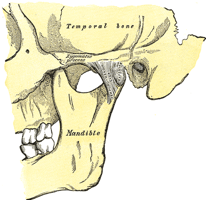1. Jaw Exercises
Stress and anxiety are very common inducers of TMJ. Some people tend to clench their jaw when feeling stressed or anxious, which results in TMJ symptoms.
Deficiencies in calcium and magnesium are found to be common in people suffering from TMJ. The International Dental Association conducted a study on 50 TMJ sufferers who added calcium and magnesium supplements to their routine and found pain relief in 70 percent of the participants.
Acupuncture has proven to be effective in treating TMJ in a number of ways. In Traditional Chinese Medicine, TMJ often represents an imbalance in the liver and gallbladder meridians which traverse the areas usually associated with TMJ pain. Acupuncture points focused on these areas can stimulate the healing process, and return the meridians and the body back to balance, improving your TMJ symptoms.
0 Comments
|
AuthorDr. Igor Bril Archives
March 2020
Categories |
our Services
Acupuncture
Herbal Formulas Orthomolecular Medicine Medical Qigong Lifestyle Coaching Other Modalities |
TreateD Conditions |
Company |
Copyright © 2014 | 2943 Broadway St, Redwood City CA, 94062 | 650 503-6362


 RSS Feed
RSS Feed
